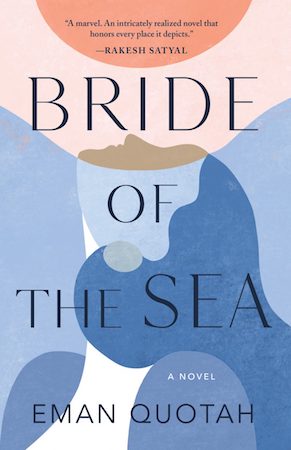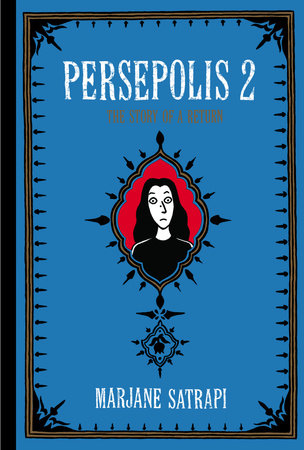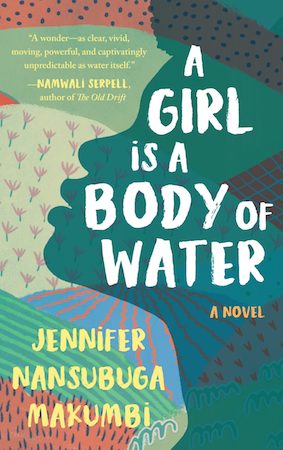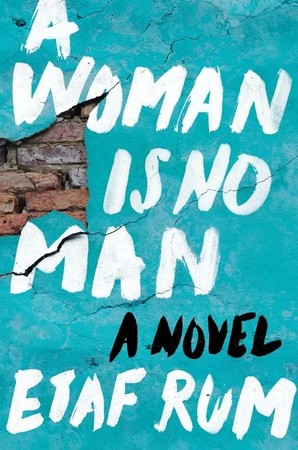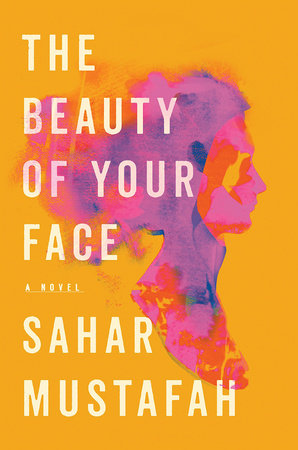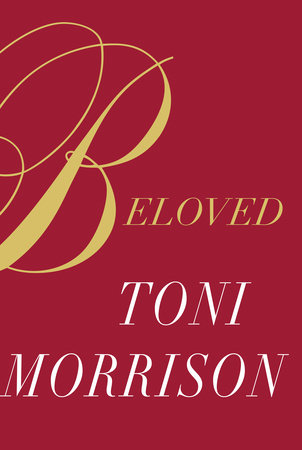If you enjoy reading Electric Literature, join our mailing list! We’ll send you the best of EL each week, and you’ll be the first to know about upcoming submissions periods and virtual events.
My mom says every mother needs a daughter. It’s not that she doesn’t love and appreciate her two sons. My middle brother knows best how to comfort her in times of grief. My younger brother is the child she buddies around with, the precious youngest by quite a few years. But I—her only daughter and her oldest child—share something fundamental with her: I go through life as a woman.
Maybe that’s why I was more scared to have a daughter than a son. While I don’t know firsthand the pressures of boyhood and manhood my son will face, I do have preconceived and experienced notions about growing up female. When I was pregnant with my daughter, I worried that having once been a girl might make it harder for me to see her objectively as her own person, to mother her and help her navigate the world.
Throughout literature, there are examples of the simultaneously special and fraught relationship between mothers and daughters. And there are many motherless daughters whose overarching narrative asks, How will she survive without a mother to guide her through life?
My novel, Bride of the Sea, tells the story of Hanadi, a daughter separated from her father when her mother, Saeedah, abducts her. In the end, though, the true rift is with her mother. That’s not a spoiler—I tell readers so on the first page of the book. By disappearing in America, Saeedah also strands herself far from her own mother, severing one bond in the interest of strengthening another.
In Saeedah’s culture of origin, people often repeat these words of the Prophet Muhammad: “Heaven is beneath the mothers’ feet.” Yet in life and in books, mothers and daughters often are torn apart. Here are eight books in which that happens.
Once Upon a River by Bonnie Jo Campbell
Margo Crane’s mother disappears from their rural Michigan home one day, leaving only a note. After surviving rape and family violence, 16-year-old Margo flees in the teak rowboat her grandfather bequeathed her, embarking on a river odyssey that leads her to her mother and then away again. Margo’s life current pushes her toward her own motherhood; in the story’s coda, a pregnant Margo floats in the river, “a paradise for a girl swollen up the way she was.”
Persepolis 2 by Marjane Satrapi
In the second volume of Satrapi’s classic graphic memoir, her parents have sent her to Austria to escape the religious strictures of revolutionary Iran. Her mother’s best friend vows to care for teenage Marjane “like her own daughter,” but instead abandons the girl at a boarding house run by nuns. When Marjane’s mother finally is able to visit, she walks right past her daughter at the airport. “She hadn’t recognized me,” Marjane writes, “and with good reason: I’d almost doubled in height and size.” Similarly, the sacrifices mother and daughter have made for Marjane’s freedom alter their relationship forever.
Tea by the Sea by Donna Hemans
When young Plum Valentine becomes pregnant in her native Jamaica, the baby’s father doesn’t want to stunt her future in America. Or so he tells himself. He steals the newborn and raises her in secret. Searching constantly for the little girl who was taken from her, “Plum pictured her daughter like this: hair parted in four distinct sections, each section a mini afro puff; pudgy cheeks; a smile that opened up dimples; skin the color of chocolate batter; pudgy arms and legs in a frilly yellow dress. Except the baby wasn’t hers. Just a stranger on the train, a baby who smiled openly at anyone who caught her eye.”
Pachinko by Min Jin Lee
Lee’s rich family saga spans much of the 20th century, with mother and daughter Yangjin and Sunja enduring multiple separations. Yangjin orchestrates the first and longest, convincing a young pastor to marry Sunja —who is pregnant by a wealthy, married man—and adopt her child. “Of course it would be far better for them if she went away,” Yangjin tells the pastor, who plans to leave Korea for Osaka, Japan. Yangjin’s maternal sacrifice, as much as Sunja’s doomed love affair, sets the family’s fate in motion.
A Girl Is a Body of Water by Jennifer Nansubuga Makumbi
Kirabo Nnamiiro, heroine of Makumbi’s brilliant coming-of-age novel, spends much of her Ugandan girlhood searching for her lost mother. She seeks the counsel of a village witch, who is also her grandfather’s mistress, and later hangs posters asking after her mother in her boarding school’s hallways. When the father of Kirabo’s great love, Sio, dies, Kirabo wishes her mother were dead, rather than merely missing: “A dead mother gives you options. You can imagine and create and give yourself the perfect mother.”
A Woman Is No Man by Etaf Rum
Deya, the daughter of Palestinian immigrants to Brooklyn, attempts to escape the strictures of womanhood in her paternal grandparents’s conservative household. She doesn’t realize she’s following in the footsteps of her long-dead mother and her paternal aunt, who ran away as a teenager. Motherless Deya discovers dark family secrets, but also the possibility of healing and forging her own future.
The Beauty of Your Face by Sahar Mustafah
Afaf Rahman is ten when her older sister runs away from their Palestinian immigrant home in suburban Chicago. Wracked by grief, Afaf’s mother never overcomes the loss of her elder daughter or the depression that follows. Afaf feels motherless, although she lives with her parents well into her 20s. When Afaf grows closer to God and decides to wear hijab, her irreligious mother scoffs. Afaf wonders if she’s made a mistake. It is as though “her mother’s power over her outweighs the Lord’s.” Isn’t that so often the case for daughters, even when our mothers are not with us?
Beloved by Toni Morrison
American chattel slavery systematically ripped children from their mothers. In Morrison’s masterpiece, an enslaved woman named Sethe, who never had a mother’s love, feels she must choose between mothering her child and saving her from slavery. The loss of her daughter haunts Sethe— literally and figuratively—long after she gains freedom. In Beloved, ghosts are real and a mother’s love cannot undo the terrors of slavery.lee

